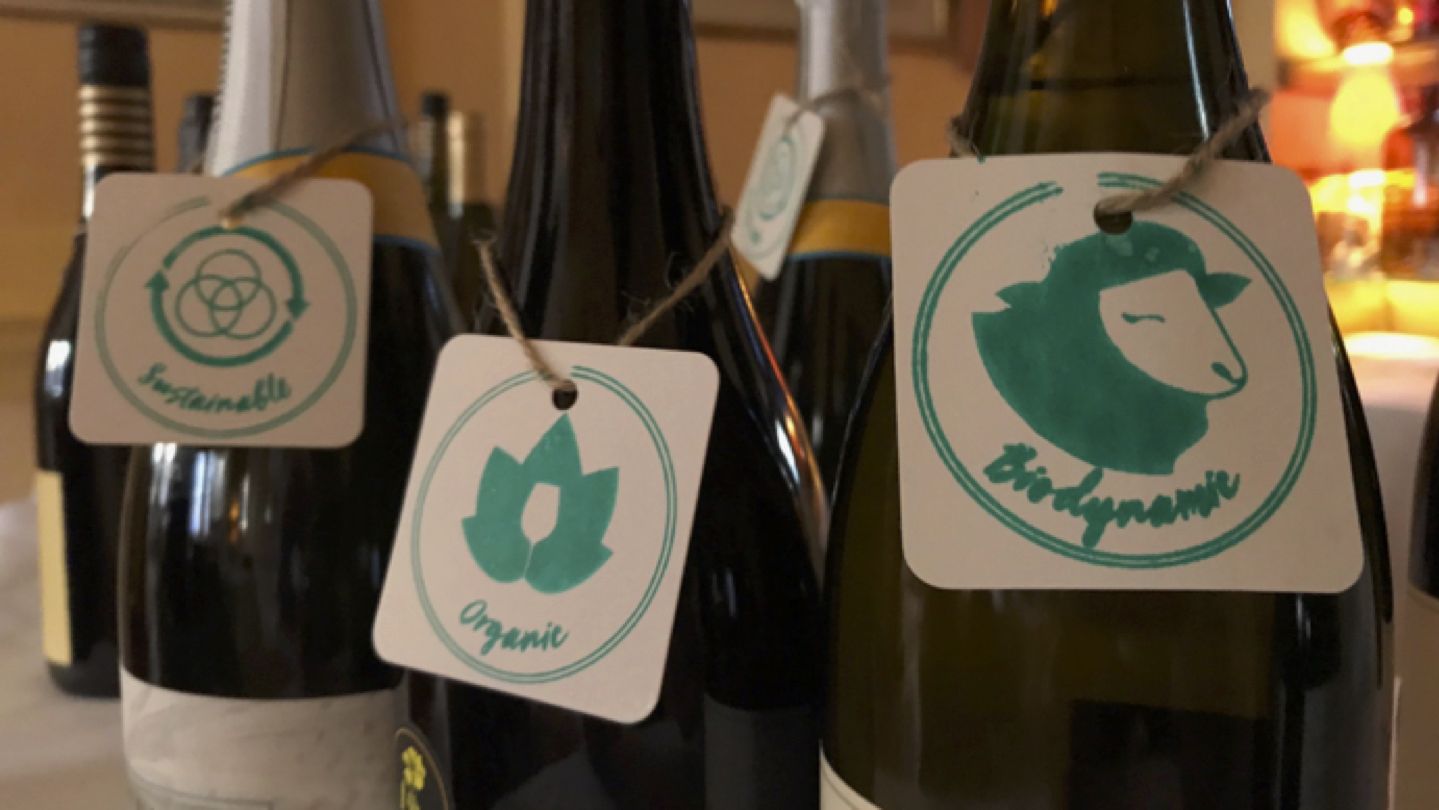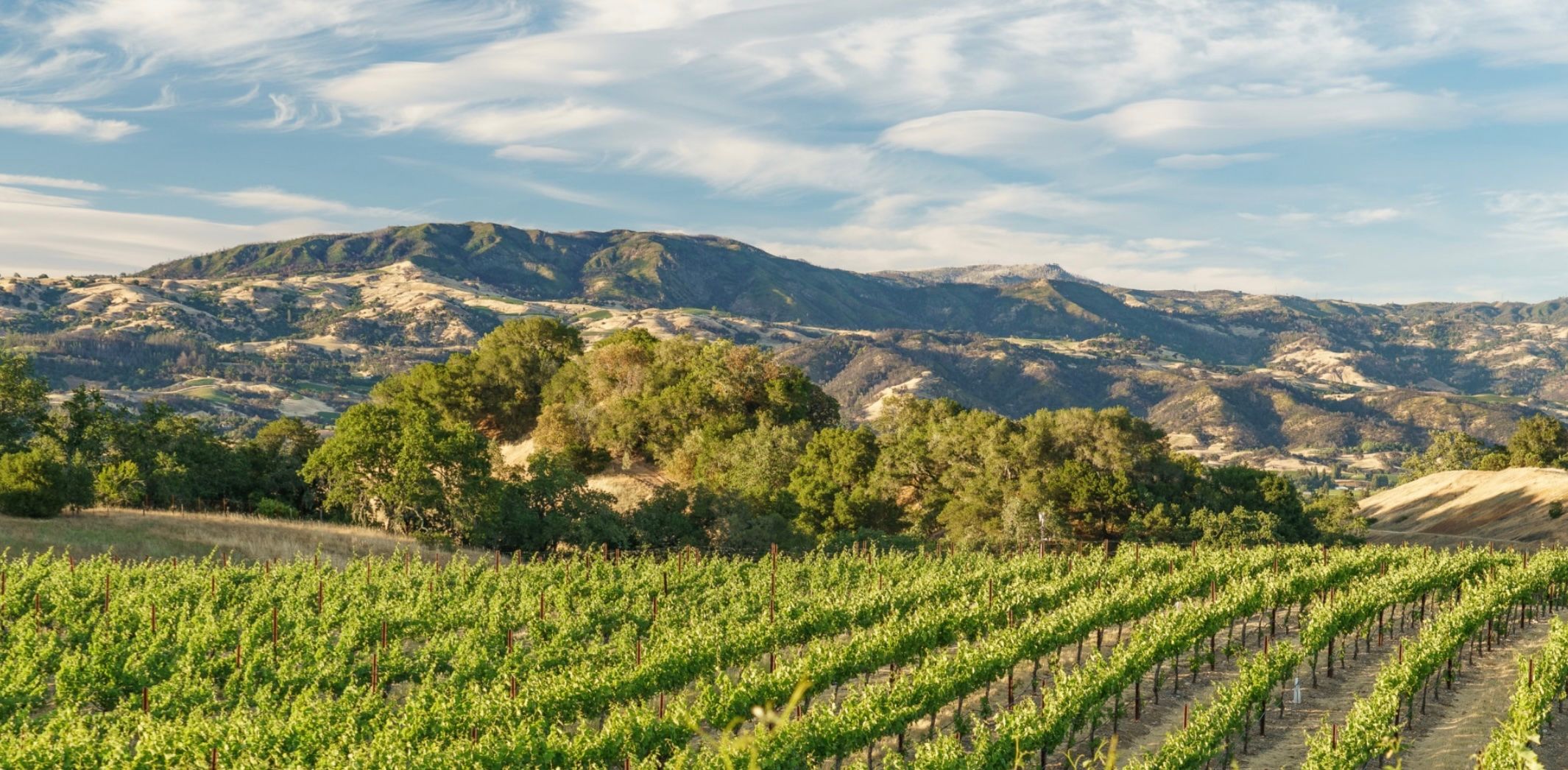Mindful winemaking: biodynamic, organic and sustainable all rolled into one
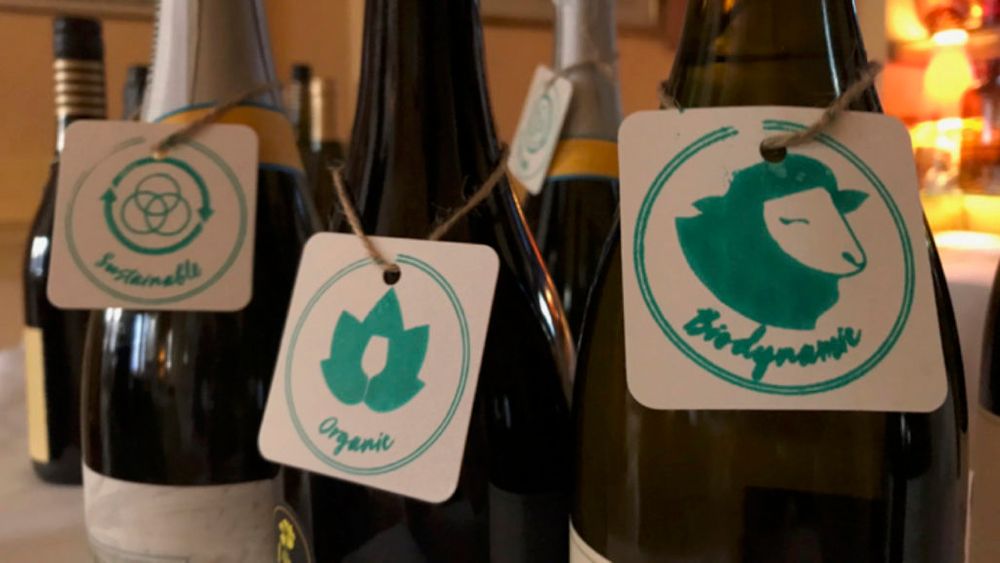
Why use three words when one will do?
Towards the end of my time in the office job, I used to sneak out for an hour a week and head to Harley Street to see a wonderful and wonderfully expensive (God bless medical insurance) psychotherapist. At the time it was about mentally patching me up enough to get back to the desk, a bit like giving a sports person a shot of painkiller, strap the leg up, and send them back on the pitch. Over my time with her it got more in depth and hugely useful, and one of the best things was a book she gave me on Mindfulness.
These days you see the word everywhere, but this was six or seven years ago and relatively new. The whole premise of it is about being more thoughtful about your day, the situations you’re in, and how you react to them. When you’re teaching yourself you end up staring at raisins for a ridiculously long time, or battling your willpower to not just scoff down a chocolate bar, instead letting it melt in your mouth and enjoying the sensations. You’re trying to engage your brain to appreciate every moment of your day, and not get down about your past, or anxious about your future. It might not work for everyone, but it did for me and I love it.
Fast forward six or seven years and I’m staring at a tasting booklet from Bibendum with “Mindful Winemaking” emblazoned upon it. It’s a bit of a worry as it’s one of the buzzwords of the day and I was sitting there slightly dubious that they were just ripping it off for the sake of it. But then, I thought, what they’re using it for makes a lot of sense.
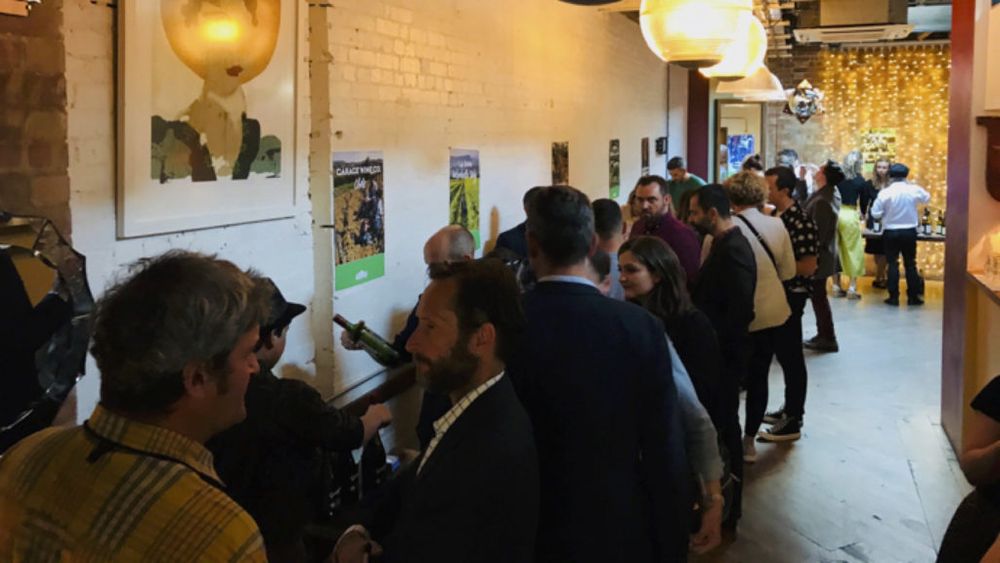
There’s an increasingly ethical buying mentality from consumers
Quite a few of the bigger on-trade guys and girls are looking for a catch-all term to cover the rather long-winded ‘Organic, Biodynamic, and Sustainable Winemaking’ section of their offering. Over the past 12-24 months they’ve been starting to wake up to the changing demands of the consumer, and acting in the present to make the future brighter is exactly what Mindfulness is all about!
For Bibendum that’s been a tricky one until late. The previous administration of Conviviality, looking to cut prices and drive their competitors out of business at the cost of margin didn’t leave much room for the sales force to get their heads up and push products that often require a sales pitch in order to shift them. Most ‘Mindful Wines’ come with a slight cost premium, but often with a fabulous backstory.
Bibendum’s recent ‘Mindful Winemaking’ tasting in Soho’s edgy Union Club was much more of a meet and greet with four of their star producers of this movement. Although a fascinating round table discussion on root-stocks kept all of us wine geeks well and truly satisfied, it was the journey that brought Isabel (Las Moradas de San Martin), Davide (Bodegas Bhilar), Derek (Garage Wine Company), and David (De Trafford) to London that peaked my interest.
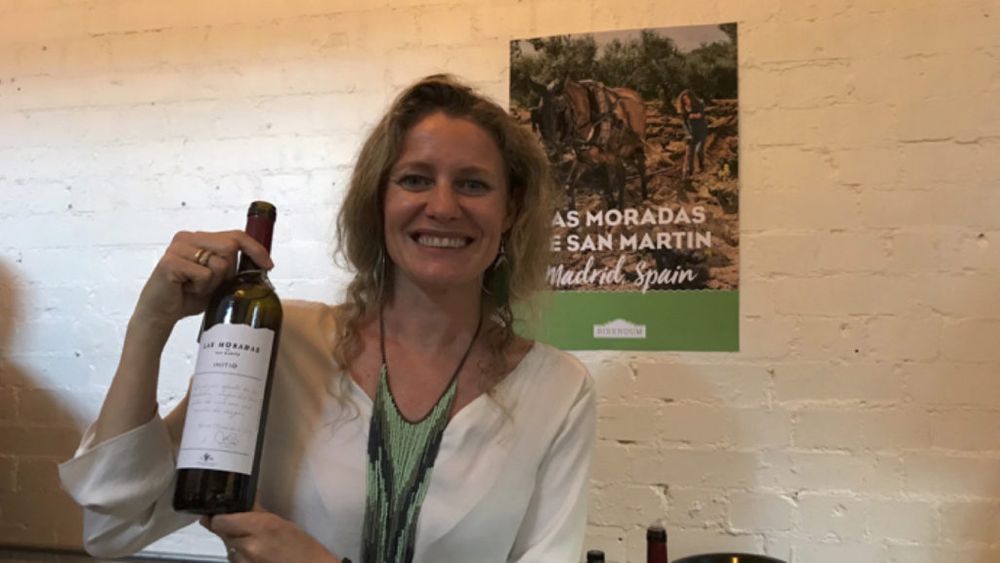
Isabel Galindo of Las Moradas De San Martin, DO Madrid
One of the first things you notice about Isabel Galindo is the steeliness behind the smile. She has led her team with a determination to allow the poor granitic and sandy soils to be the real superstar. Naturally low yields and high acidity ensue, and the roots of 100-year Garnacha vines are perfect for drawing out terroir. She is determined that her and her fella producers in DO Madrid can move away from the 1980s model of production for production’s sake, and just in time as she reveals she has had to skip a generation for advice, with her grandmother being her fount of knowledge on what she considers “best practice”.`
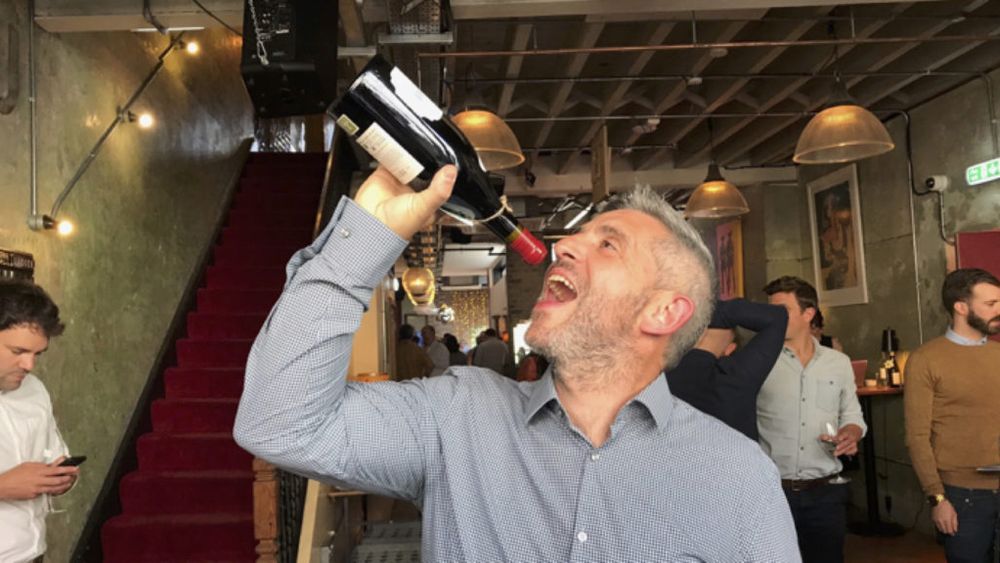
Davide Sampredo Gil of Bodegas Bhilar, DO Rioja
All this talk about grandmothers leads us nicely to Davide Sampredo Gil. When he started to convert his vineyards in Rioja to biodynamics in 1999 his grandmother thought he’d gone mad, along with most (if not all) of his neighbours. The buyer’s comment is that you’ll never have tasted Rioja like this before. And they’re right! It’s astonishing, with a huge, fresh herbal kick throughout the reds. He currently finds himself at a crossroads, with the DO stating that this difference is not good for what they’re trying to achieve. He may lose the ability to label his wines DO Rioja. But, he says, should he care? His wine sells, his clients love it, and his philosophy will always win out.
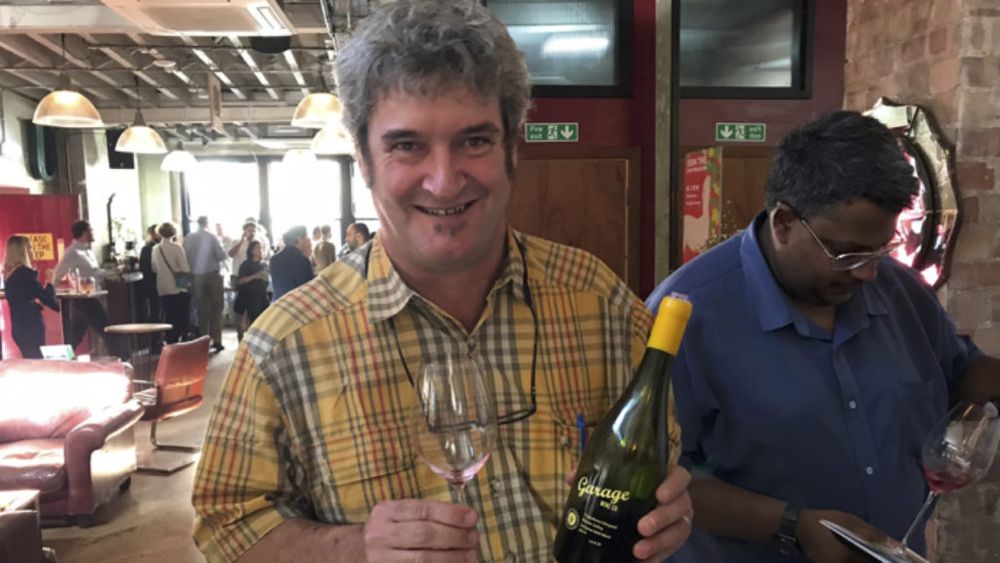
Derek Knapp of Garage Wine Company, Chile
Philosophy could be Derek Knapp’s middle name. His Garage Wine Company, based in Maule, Chile, began life quite literally in his garage. Tired of being brushed off by the larger grape growers, and disenchanted by their rigid vineyard methods, he turned to local farmers using old gnarled Pais rootstocks grafted with field blends of Carignan and Garnacha. What more do you need? The local community wins out as he sells the wine, bottled as individual vineyard plots of a few hundred bottles here and there. He thanks his clients for their understanding. They’re not buying a specific taste, they’re buying the quality and care of production, and buying into his community.
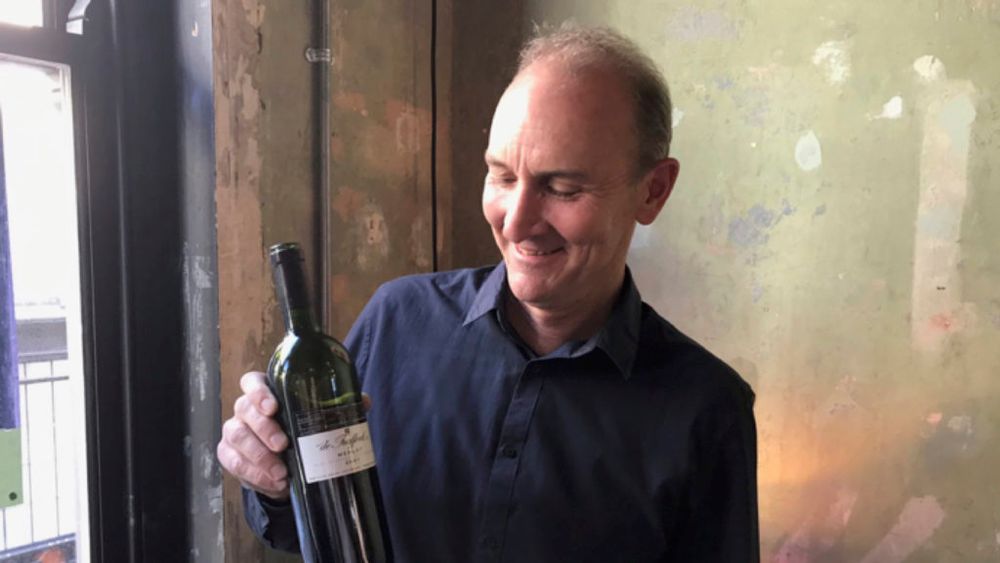
David Trafford of De Trafford Wines, South Africa
My last chat of the day was with Stellenmbosch-based architect turned winemaker David Trafford. From his self-designed gravity flow winery, he produces Chenin Blanc and Merlot that are designed to last. He admits that it was tough to design a gravity flow winery straight off the bat. How do you know how many times you need to rack? But the savings on electricity and energy have made the operation near-as-damn-it carbon neutral, and the blueprints also lead to a very cool and quirky label for his reds.
Stories like these make selling these wines a more joyful experience. When you’re trying to sell anything, you need to engage your clients in a conversation that hooks them, and this is all ready made. It’s interesting, and it’ll make them feel good about themselves. Might sound daft, but you know it’s true. They might be driving their kids 500 yards to school in a 4×4, but if we can get them drinking more ecofriendly wines then it’s a start.
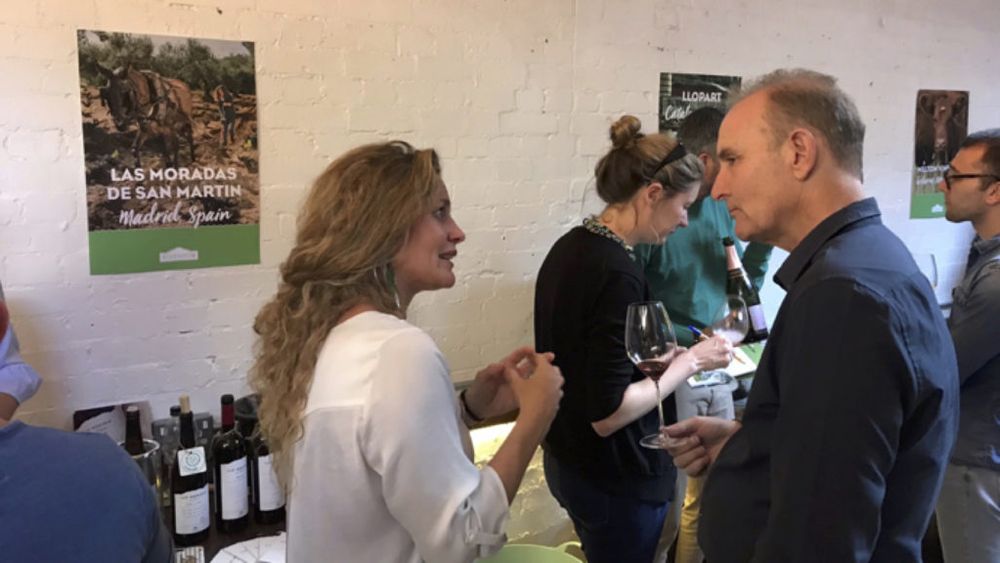
Collegial feel amongst winemakers from across the world
It’s my belief and hope that in twenty years time we’ll be looking back at what we consider ‘conventional’ farming techniques and wonder what we were thinking. On-trade suppliers will be awash with winemakers thinking about what they’ll be passing onto their great grandkids. Currently that’s not the picture. Of the more than 400 producers represented at Bibendum 17% practice sustainability, 5% are certified organic, and just 3% are biodynamic. These aren’t high numbers, but with the drive surrounding the ‘Mindful Winemakers’ it’s very possible that the market will have the opportunity to force the agenda sooner rather than later.
The post World War One boom in the agrochemical industry made a very tough job a little bit easier, but at what cost? It’s only now we’re seeing the impact with dead soils, a spike in cancer rates, water shortages, erosion, and regional devastation. Something has to give, and it’s not good enough of any of us to ignore it any more and, as the conversation grows and the producers gain more access to the nationwide market, there’s no excuse. We don’t have to ignore it anymore.
Buy sustainable. Buy organic. Buy biodynamic. Buy Mindful.
Cheers
All photographs used in this article are ©PBMMW
Bibendum is a supplier partner of The Buyer. To learn more about them click here.
